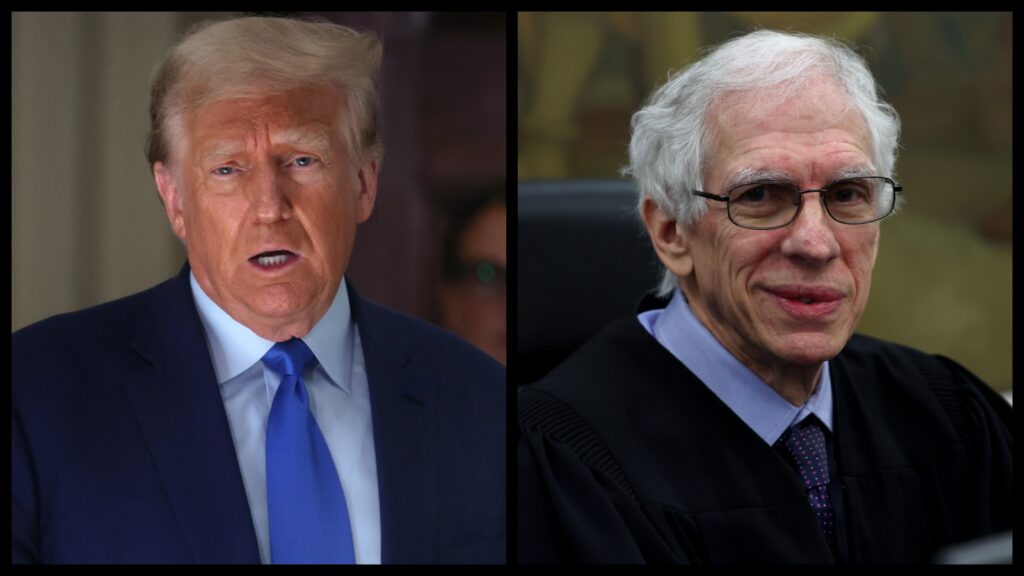Judge Arthur Engoron, who presided over Donald Trump’s civil fraud trial, is under investigation following allegations that he engaged in a private conversation with real estate attorney Adam Leitman Bailey just weeks before levying a $454 million fine against Trump. The New York State Commission on Judicial Conduct is investigating whether Engoron improperly took into account Bailey’s unsolicited advice during their encounter at the courthouse.
In a television interview, Bailey stated that he approached Engoron to offer his viewpoint on a critical legal issue concerning the trial. He claimed his intention was to help the judge comprehend the broader impacts of the stringent ruling against Trump, especially on New York’s economy. However, New York’s judicial conduct rules prohibit such private conversations unless all involved parties are informed and provided an opportunity to respond.
In an on-camera interview with NBC New York in February, the day the judge’s decision was expected, Bailey explained, “I actually had the ability to speak to him three weeks ago,” adding, “I saw him in the corner [at the courthouse] and I told my client, ‘I need to go.’ And I walked over and we started talking … I wanted him to know what I think and why … I really want him to get it right.”
Bailey mentioned that he “explained to [Engoron]” that the fraud statute at the heart of the case was not intended to shut down a major company, particularly when there are no clear victims. He emphasized that such a ruling could have detrimental effects on New York’s economy. Engoron had previously dismissed a similar argument presented in court by Trump’s legal team. “He had a lot of questions, you know, about certain cases. We went over it,” Bailey added, describing their interaction. Through a spokesperson, Engoron denied that Bailey influenced his ruling.
Al Baker, spokesperson for the New York State Office of Court Administration, explained in a written statement: “No ex parte conversation concerning this matter occurred between Justice Engoron and Mr. Bailey or any other person. The decision Justice Engoron issued on February 16 was his alone, was deeply considered, and was wholly uninfluenced by this individual.”
Ex parte communication, which involves private dialogue between a judge and one party in a case, is explicitly prohibited unless transparency is maintained. Several experts consulted by NBC New York noted that these rules are intended not only to prevent undue influence but also to prevent any appearance of such influence.
Retired New York appellate Justice Alan Scheinkman expressed skepticism of Bailey’s account but noted that if true, Engoron should have informed both parties in the significant Trump civil fraud case. He explained, “If there’s any substantive dialogue about the law in a pending case, it should be disclosed.”
Bailey, who has faced disciplinary actions in the past, asserted that the conversation did not directly affect the trial’s outcome and that no specific names were mentioned. Nonetheless, the ambiguous nature of their discussion raises concerns about impartiality. In 2019, Bailey had his law license suspended after he told a party involved in a case to “just kill themselves,” among other instances of misconduct, as reported by the outlet.
WATCH:



